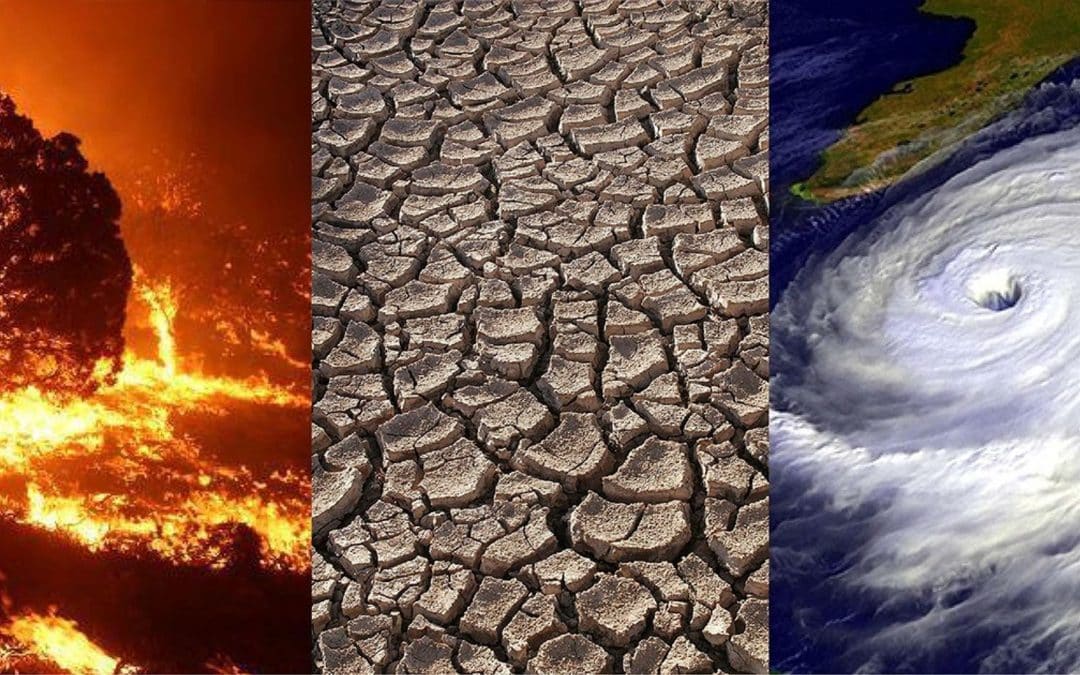How Climate Risks and Insurer Policies Are Changing Homeownership and the Legal Industry in 2025 and Why You Might Need a Forensic Meteorologist.
Climate change is no longer a distant threat—it’s already reshaping homeownership, insurance policies, and the legal landscape in the U.S. A staggering 44.8% of homes in the country face at least one severe climate risk, including flooding, wildfires, hurricanes, extreme heat, and poor air quality (Realtor.com).
For homeowners, these risks mean higher insurance premiums, limited coverage options, and even policy cancellations. For lawyers, particularly those specializing in property law, insurance litigation, and environmental law, the growing crisis presents both challenges and opportunities.
You can contact an expert here
Here’s what homeowners, attorneys, and insurers need to know in 2025.
Climate Risks Are Widespread Across the U.S.
Climate-related property threats are no longer isolated to specific regions—they’re affecting homeowners nationwide.
Flooding: Rising sea levels, intense storms, and outdated infrastructure leave millions of properties vulnerable. Unfortunately, FEMA’s flood maps often underestimate risks, leading to homeowners being caught off guard by uninsured damages.
Wildfires: States like California, Colorado, and Oregon are seeing more frequent and destructive wildfire seasons due to drought and strong winds. Some insurers are dropping coverage altogether in high-risk areas.
Hurricanes & Windstorms: The Gulf Coast and Atlantic states—especially Florida, Louisiana, and Texas—face increasingly powerful storms, forcing insurers to reduce or eliminate coverage.
Extreme Heat & Air Quality Issues: Rising temperatures and pollution are worsening air quality and increasing health risks, particularly in urban areas. Heat waves are also straining power grids and making some homes unlivable.
Why This Matters: Many insurers are scaling back coverage or pulling out of high-risk markets entirely, leaving homeowners scrambling for protection—and lawyers stepping in to challenge unfair denials.
Insurance Companies Are Retreating—Leaving Homeowners Exposed
Insurance providers are raising rates, tightening policies, or exiting high-risk states altogether.
Major Changes in 2025:
- Florida, Louisiana, and Texas have seen insurers limit coverage, cancel policies, or exit the market due to extreme weather losses
- Premiums are skyrocketing, forcing many homeowners to rely on state-run “last-resort” insurers with limited coverage options
- Insurance claim denials are rising, as companies cite “acts of God” exclusions or claim policyholders failed to take preventive measures
- Lawsuits are on the rise, with attorneys challenging bad faith insurance practices and discriminatory coverage decisions
Legal Impact: Lawyers are increasingly litigating insurance denials, challenging unfair premium hikes, and holding insurers accountable for misleading policyholders.
Key Legal Issues for Attorneys in 2025
With insurers pulling back and climate risks rising, homeowners need legal support more than ever.
Insurance Policy Reviews & Risk Mitigation
- Attorneys can help homeowners understand what’s covered, what’s excluded, and how to strengthen their policies
- Many policies contain vague or misleading language, making legal policy reviews crucial
Fighting Denied Claims & Bad Faith Insurance Lawsuits
- Insurance companies may wrongfully deny claims or delay payouts
- Common disputes involve flood, fire, wind, and mold damage, where insurers claim “pre-existing conditions”
Litigation Over Climate-Related Property Damage
- Class action lawsuits could emerge against insurers for failing to provide reasonable coverage
- Municipalities and developers may face lawsuits for failing to update infrastructure
Climate Change Liability Cases
- Cities, homeowners, and businesses may take legal action against corporations or government agencies
- Cases may target polluters, utility companies, or developers who ignored climate risks
Class Action Lawsuits Over Discriminatory Insurance Practices
- Some insurers are disproportionately denying coverage to low-income homeowners or minority communities
- Lawyers may file fair housing and discrimination lawsuits against insurers
The Role of Expert Witnesses
Weather and climate data are becoming critical in lawsuits. Attorneys are increasingly relying on meteorologists and climate scientists to provide expert testimony.
Expert Testimony Areas:
- Insurance Disputes: Determining whether events meet policy criteria
- Negligence Claims: Analyzing preparation for climate risks
- Product Liability Cases: Testifying on foreseeable risks and product defects
Practical Steps for 2025
For Homeowners:
- Review your insurance policy annually
- Consider climate-resilient home upgrades
- Check FEMA’s updated climate risk tools
- Consult an attorney if claims are denied
For Attorneys:
- Stay informed on changing insurance regulations
- Build partnerships with meteorologists and insurance experts
- Develop resources to educate clients
- Prepare for increased climate-related lawsuits
Conclusion
With nearly half of U.S. homes at high climate risk, the insurance market is shifting rapidly—leaving homeowners vulnerable and the legal industry primed for action.
Attorneys who understand climate risks, insurance law, and property disputes will be at the forefront of a legal boom in the coming years. Whether it’s fighting denied claims, filing class actions, or advising on climate resilience, the demand for legal expertise in climate-driven property law is only growing.
For more weather and climate resources, visit NOAA’s Official Climate & Weather Resources website below.
https://www.noaa.gov/tools-and-resources/weather-and-climate-resources
If you have any questions, feel free to reach out to Weather and Climate Expert John Bryant. [email protected]

